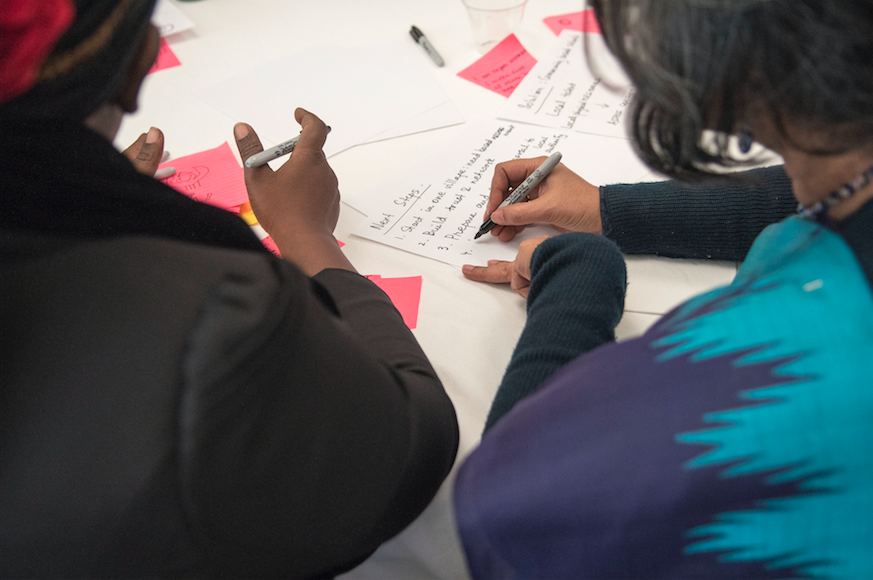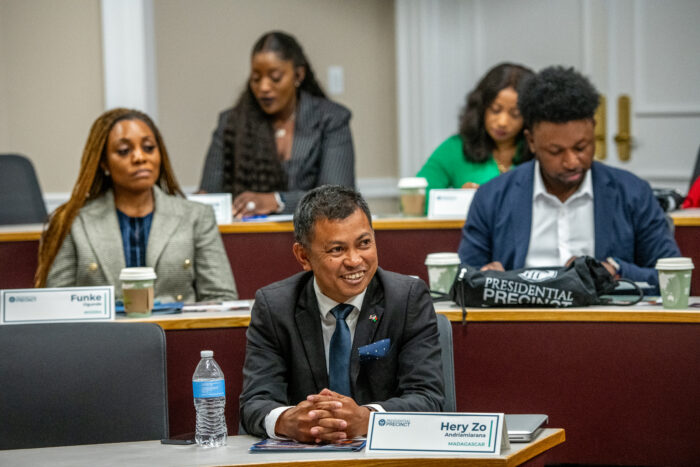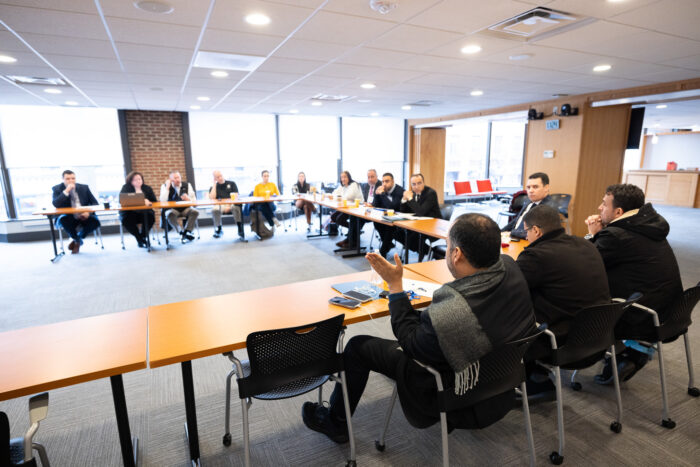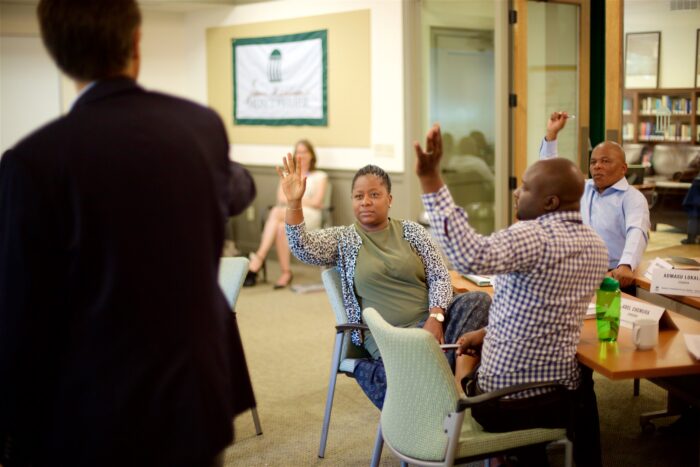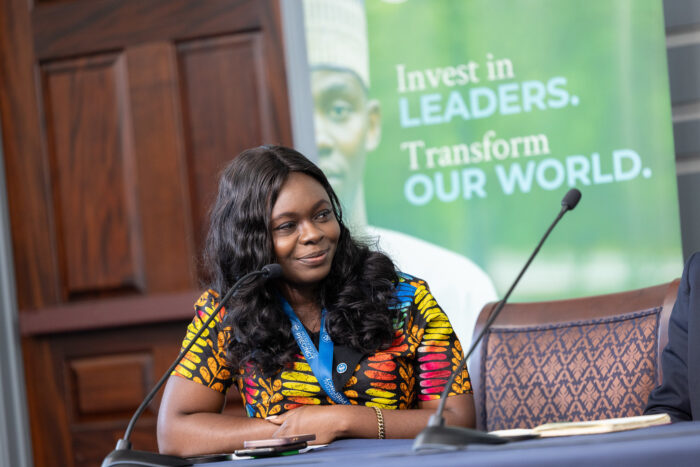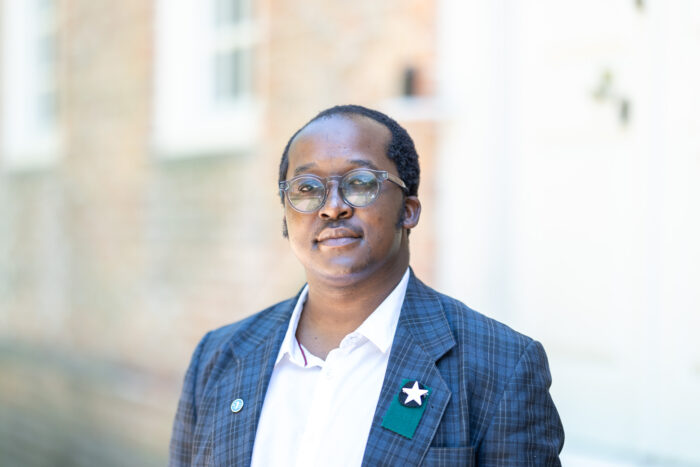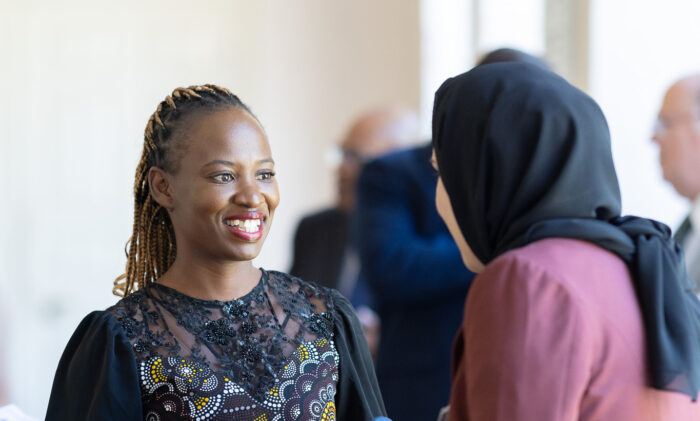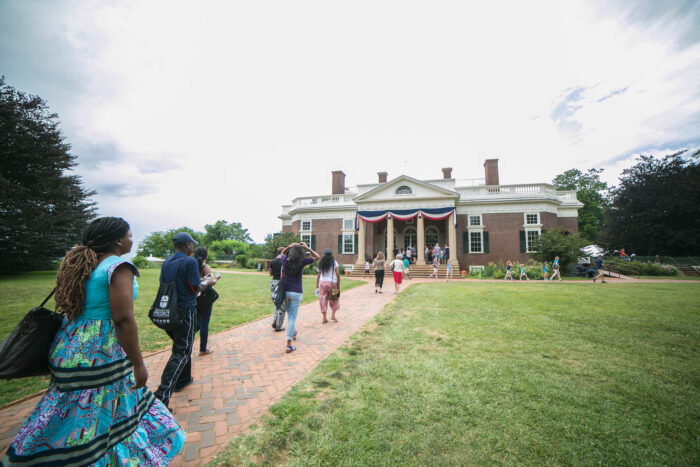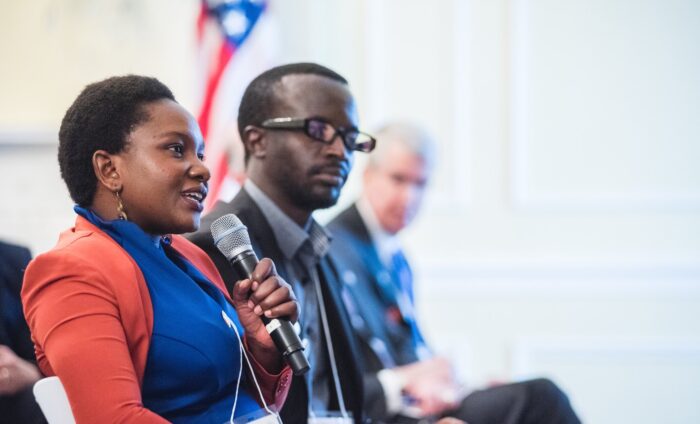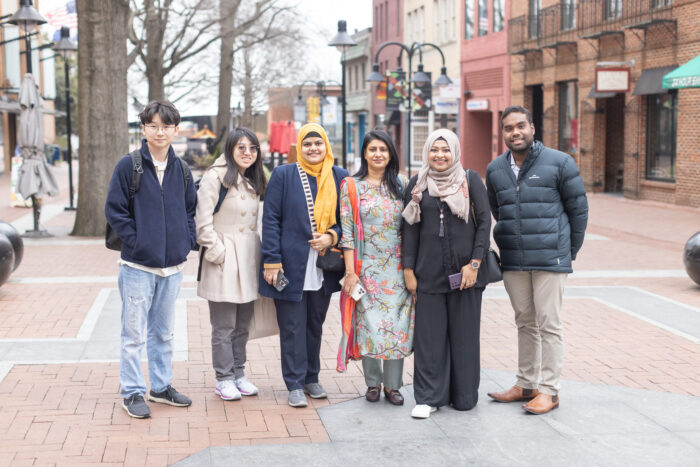What We're Reading: March 2018
“The Distinction Between a Nationalist and a Patriot”
In this month’s “What We’re Reading” section, we draw your attention to a simple but important idea: the distinction between a nationalist and a patriot. In a brief work published last year, Timothy Snyder, Professor of History at Yale University, makes a strong point that the two are not at all synonymous.
Snyder quotes George Orwell in saying that a nationalist is “endlessly brooding on power, victory, defeat, revenge,” and tends to be “uninterested in what happens in the real world.” A patriot, on the other hand, “has universal values, standards by which he judges his nation, always wishing it well – and wishing that it would do better,” writes Snyder.
At the Precinct, we work daily to promote conversations around the universal role and responsibility of a citizen, no matter the citizen’s country of allegiance. Rather than relying upon our own examples of Western citizenship and promoting them to emerging leaders from around the globe, we encourage debate around a broader precept, one promoted by Jefferson, Madison, and Monroe. We ask our program participants to consider whether every citizen of the world does not have a moral obligation to every other. We suggest that we all might learn from the lessons of history, from the success, failure, and malfunction of governments and their leaders throughout the arc of civilization.
In his book, Snyder is quick to remind us that Democracy has failed before, implying that nationalists, in the mistaken belief that they are acting as patriots, are largely to blame. As opposed to the vanity of a nationalist – claiming that “it can’t happen here,” Snyder counters: “A patriot says that it could happen here, but that we will stop it.” For, “if none of us is prepared to die for freedom, then all of us will die under tyranny.”
We encourage our alumni, future program participants, and emerging leaders around the world to keep raising their voices, as patriots, to create growth through respect for the rule of law, through women’s empowerment, clean and corruption-free governance, multicultural and religious tolerance, and through other universal human values that have been proven by trial and error over thousands of years of human experience.
“The path of least resistance leads directly from inevitability to eternity,” pens Snyder. And while we know patriotism may not always be the easy route, it is, without comparison, the most promising for the future of the human race.
If you, our supporters, succeed in practicing and teaching patriotism in its broadest humanist sense (as defined by Professor Snyder), then I am confident that the Presidential Precinct’s vision for thriving, just, and free societies will succeed along with your work.
-James B. Murray, Jr., Founder, The Presidential Precinct

